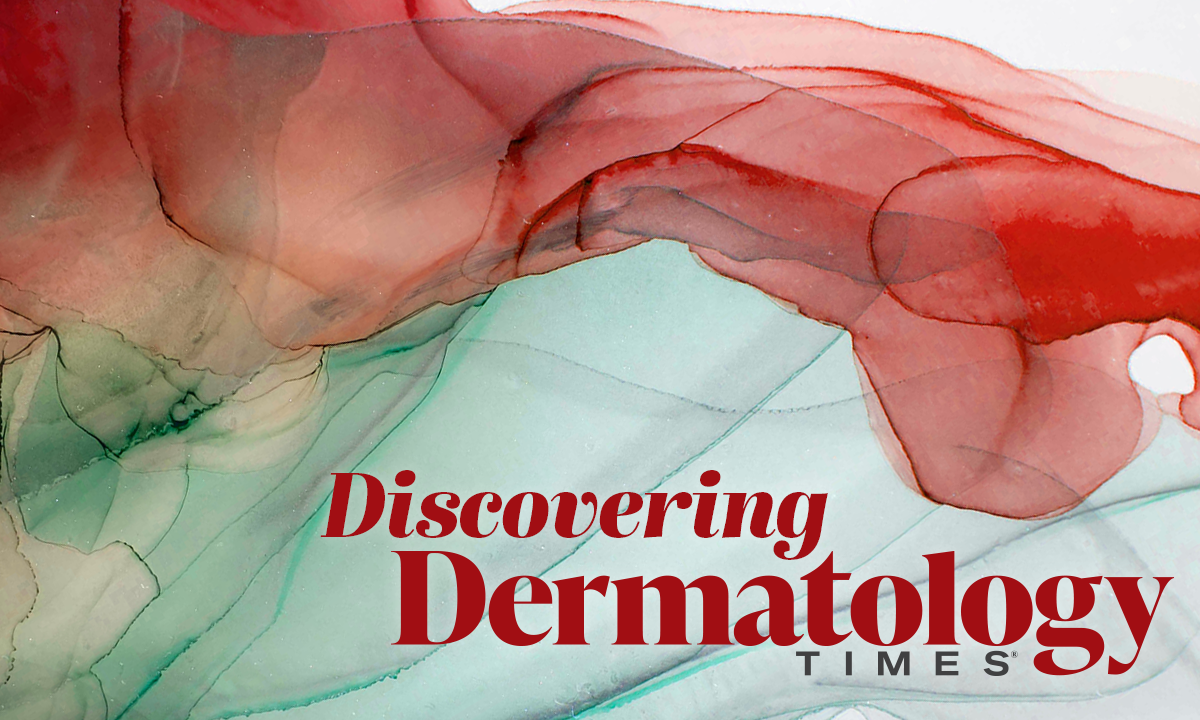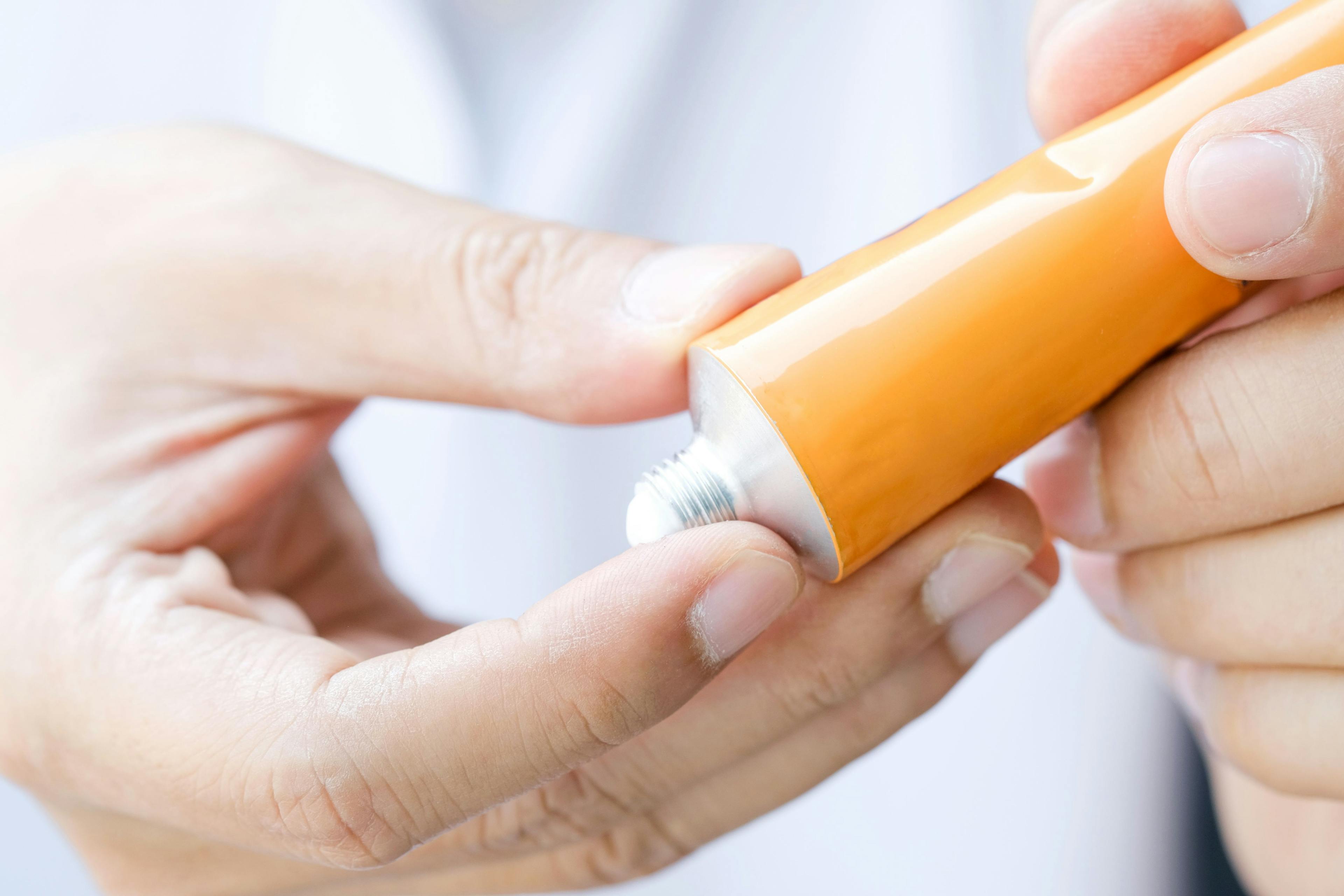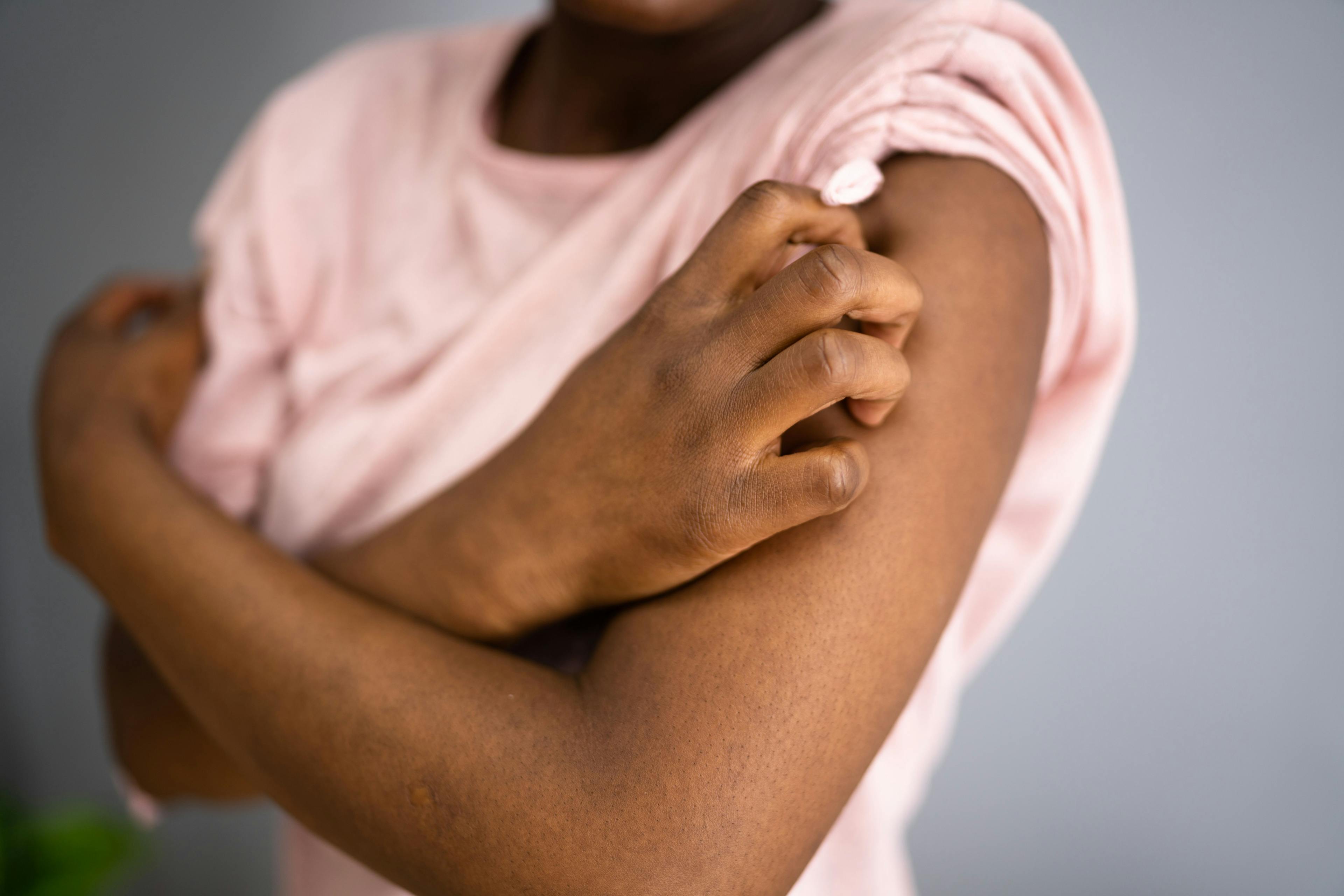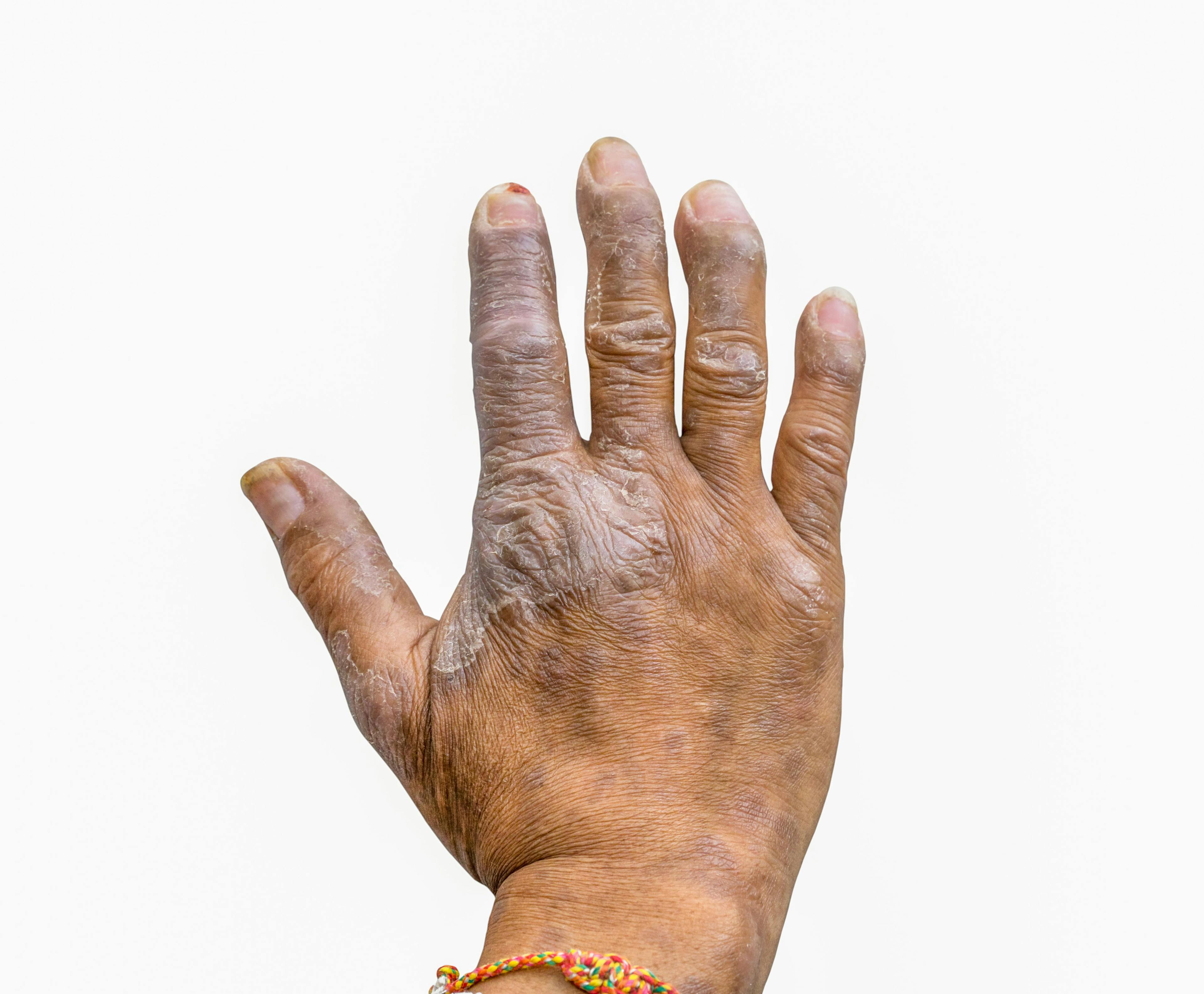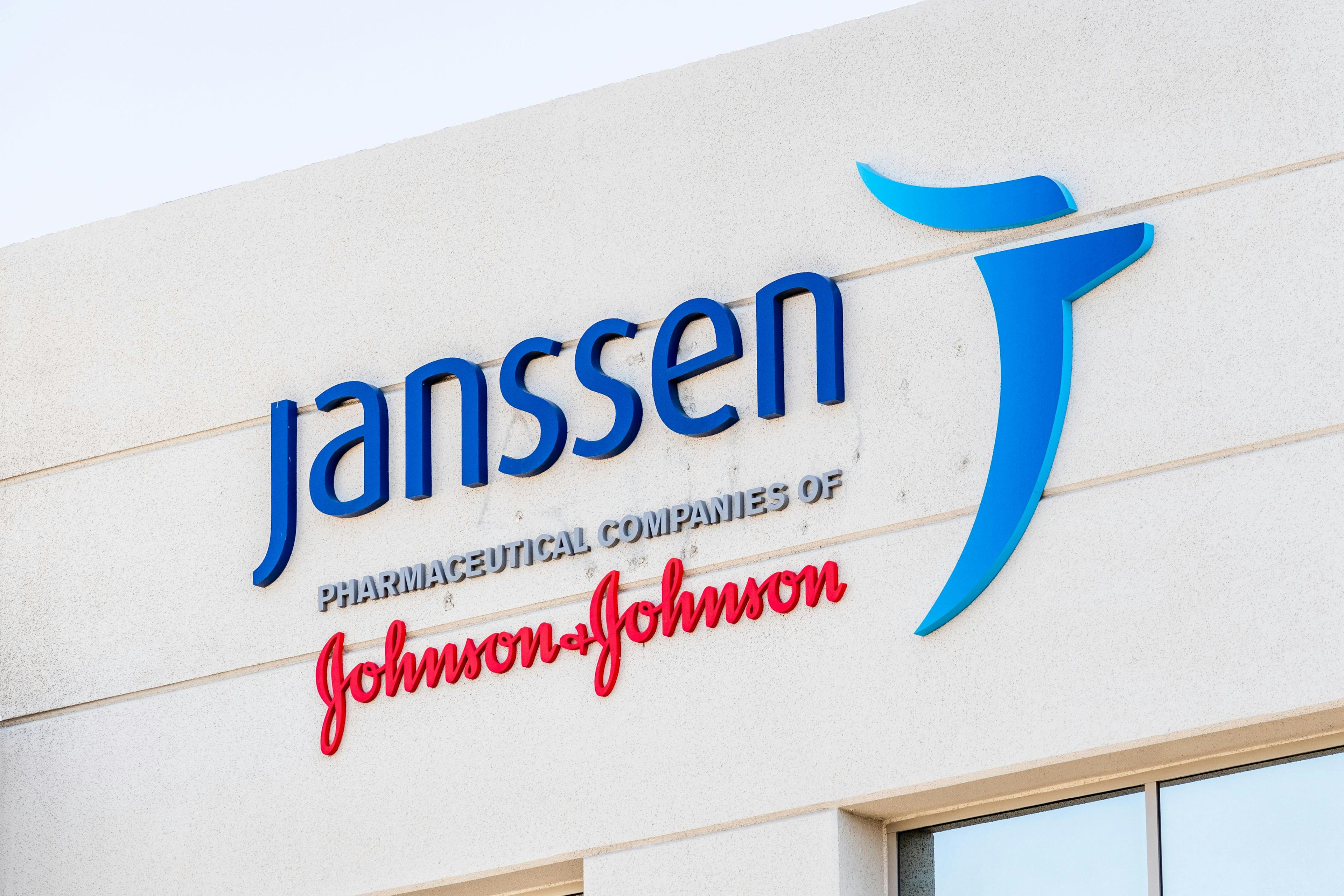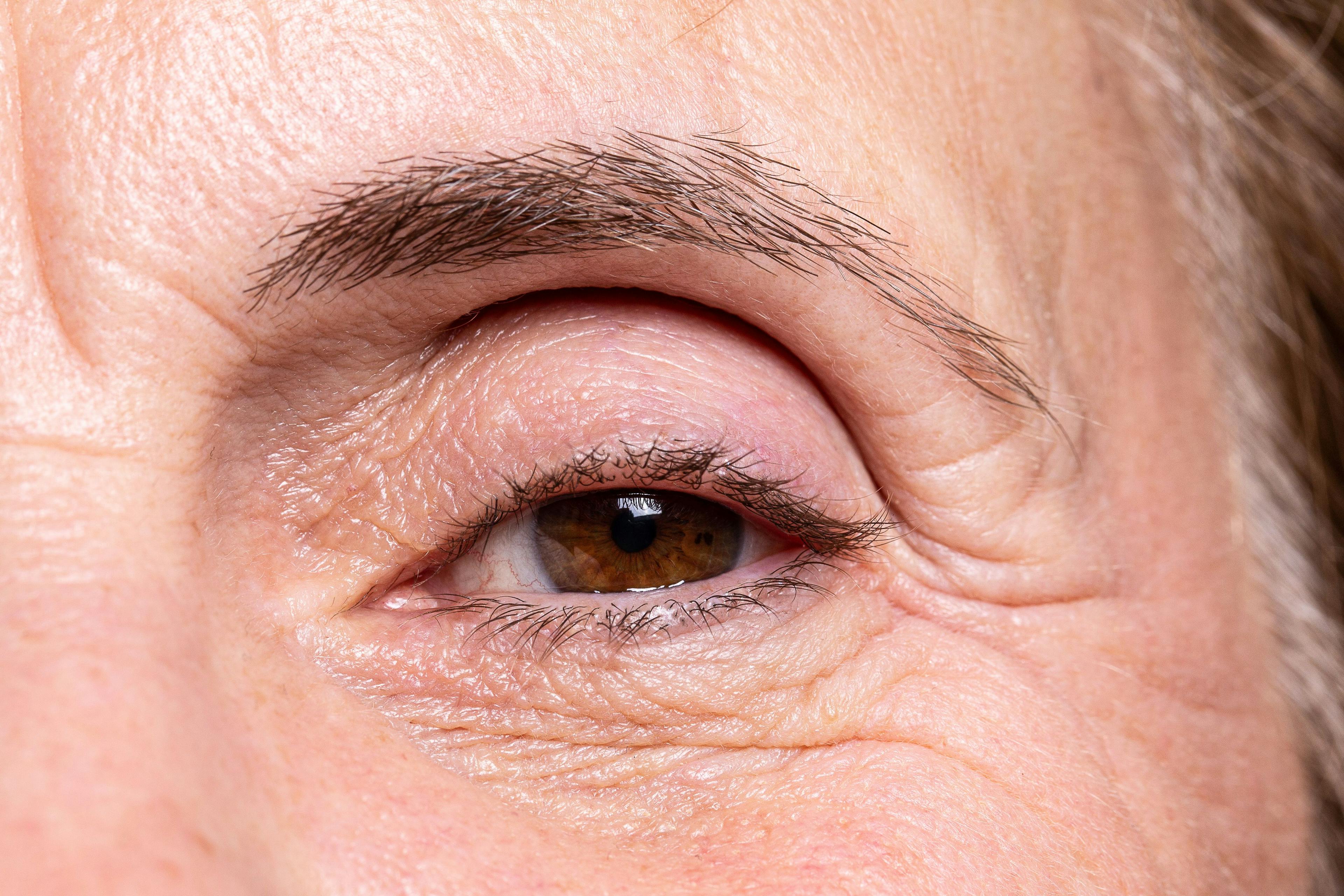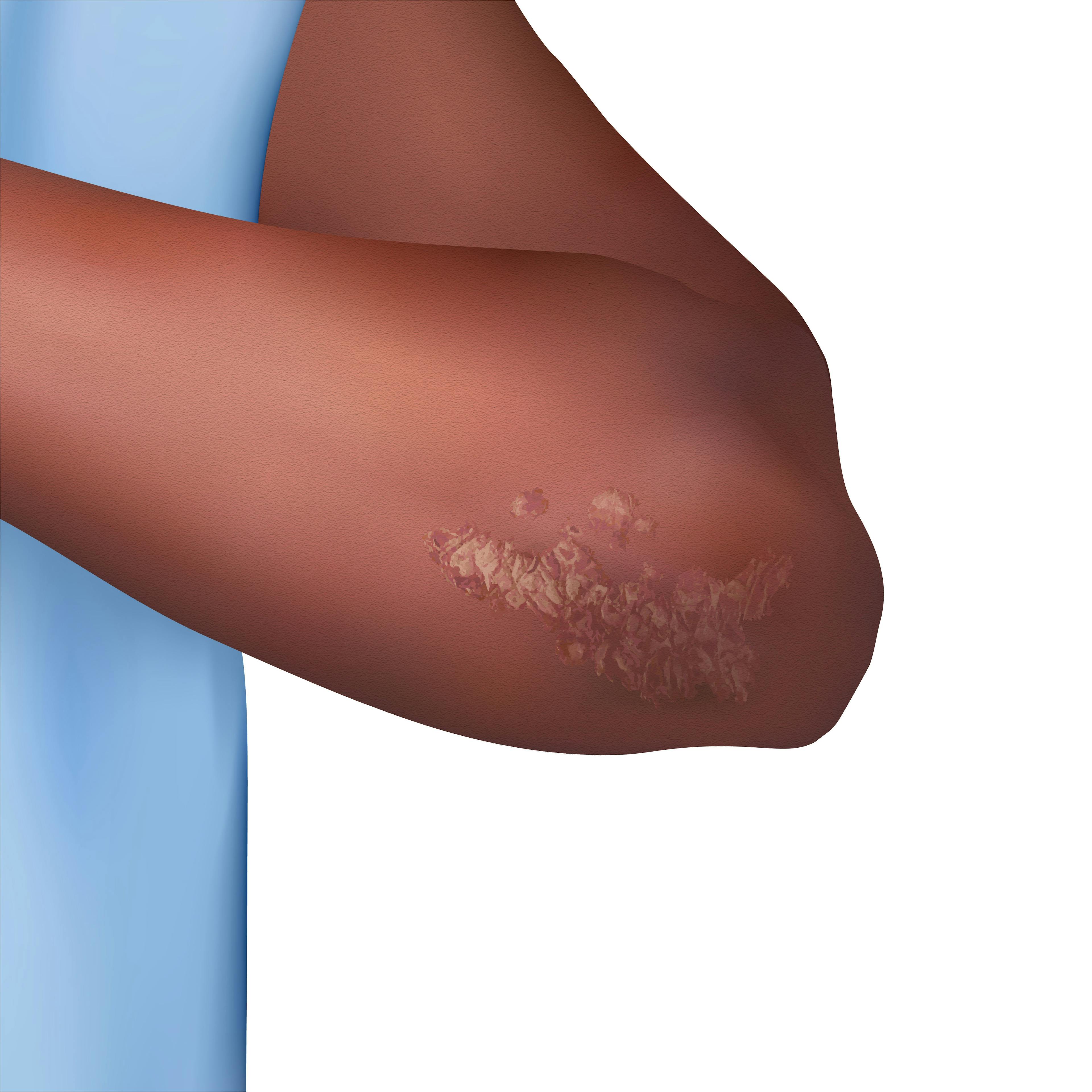- Acne
- Actinic Keratosis
- Aesthetics
- Alopecia
- Atopic Dermatitis
- Buy-and-Bill
- COVID-19
- Case-Based Roundtable
- Chronic Hand Eczema
- Chronic Spontaneous Urticaria
- Drug Watch
- Eczema
- General Dermatology
- Hidradenitis Suppurativa
- Melasma
- NP and PA
- Pediatric Dermatology
- Pigmentary Disorders
- Practice Management
- Precision Medicine and Biologics
- Prurigo Nodularis
- Psoriasis
- Psoriatic Arthritis
- Rare Disease
- Rosacea
- Skin Cancer
- Vitiligo
- Wound Care
Publication
Article
Dermatology Times
Addressing Misconceptions, Concerns Around Biosimilar Use
Author(s):
Research has shown that biosimilars are highly similar to their originator product in terms of safety and efficacy.
Research has shown that biosimilars are highly similar to their originator product in terms of safety and efficacy. Misconceptions about biosimilars in the dermatology community and concerns around their use in psoriasis were evaluated with a review of the data to clarify their use; the results were presented in 2 posters.
Shutter2U/Adobe Stock

The first poster reviewed the biosimilar approval process to clarify dermatologists’ misconceptions about biosimilars. “Dermatologists have approached biosimilar medicines with caution,” the researchers wrote.1
A recent Cardinal Health report corroborated the sentiment that dermatologists are hesitant to switch to biosimilars. According to the report, only 31% of dermatologists considered themselves very familiar with biosimilars compared with 81% of gastroenterologists, 76% of rheumatologists, and 33% of ophthalmologists.2
The authors of the first poster presented at the American Academy of Dermatology (AAD) meeting used a PubMed search to identify studies on the molecular design, preclinical and clinical testing requirements, and approval processes of biosimilars. They described how the complexity of biologics means that even batches of innovator biologics can vary during preclinical testing. “Biosimilars undergo strict preclinical testing and must demonstrate near similarity to the current originator product in quality factors such as receptor binding and pharmacokinetics,” the researchers wrote.1
Although clinical testing is less stringent for a biosimilar compared with the originator product, the purpose of the clinical testing is to confirm the safety and efficacy of the biosimilar. Then, the use of extrapolation allows for biosimilars to be approved for all indications of the originator product without further testing. As a result, the emphasis of biosimilar product testing is on preclinical rather than clinical testing, the authors noted.1
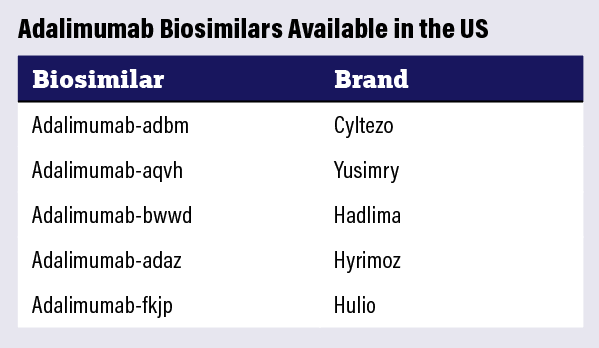
“Physicians who recognize that biologics are too complex to duplicate and who desire indication-specific clinical data on biosimilars might be satisfied knowing biosimilars provide more evidence of similarity than we have for different batches of the innovator product,” they concluded. “Regulations that are more stringent for biosimilars than for different batches of innovator products may not be logical.”1
In the second poster, researchers addressed concerns about the use of biosimilars approved to treat psoriasis using extrapolated evidence from other diseases. They compared efficacy/effectiveness, safety, and drug survival of biosimilars to treat plaque psoriasis with originator products using data from 13 randomized controlled trials (RCTs) and 3 cohort studies. Of the RCTs, 10 were for adalimumab, 2 were for etanercept, and 1 was for infliximab. Of the cohort studies, 1 was for adalimumab, 1 was for etanercept, and 1 was for both etanercept and infliximab.3
Eleven trials compared biosimilars with the originator in patients who had never been on the originator product (initiators); 9 trials analyzed switching from the originator product to the biosimilar (switchers). The initiator trials all had similar rates of 75% improvement in the Psoriasis Area and Severity Index and similar adverse events by week 16. The switched trials also had similar outcomes by week 52.3
One of the cohort studies reported more adverse events among the group of adalimumab patients switching from the originator to the biosimilar, although the other 2 cohort studies showed no significant differences in safety and effectiveness. “The majority of available evidence suggests similarities between biosimilars and originators,” the researchers concluded. “Future pharmacovigilance studies are needed to evaluate the long-term, real-world use of biosimilars for psoriasis treatment.”3
References
- Patel P, Purvis C, Hamid R, Feldman S. Biosimilars in dermatology: understanding testing and addressing misconceptions. Presented at: 2023 American Academy of Dermatology Annual Meeting; March 17-21, 2023; New Orleans, LA. Accessed August 21, 2023. https://eposters.aad.org/abstracts/41465
- 2023 Biosimilars Report. Cardinal Health; 2023. Accessed March 28, 2023. https://www.cardinalhealth.com/content/dam/corp/web/documents/Report/cardinal-health-biosimilars-report-2023.pdf
- Phan DB, Warren RB, Lunt M, Yiu ZZN. Biosimilars in the treatment of psoriasis – a systematic review of evidence from randomized controlled trials and real-world data. Presented at: 2023 American Academy of Dermatology Annual Meeting; March 17-21, 2023; New Orleans, LA. Accessed August 21, 2023. https://eposters.aad.org/abstracts/42621
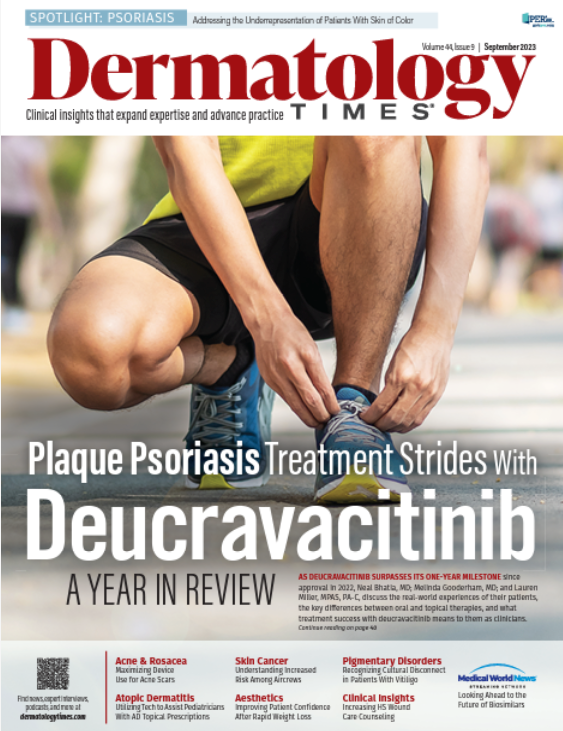
Newsletter
Like what you’re reading? Subscribe to Dermatology Times for weekly updates on therapies, innovations, and real-world practice tips.

